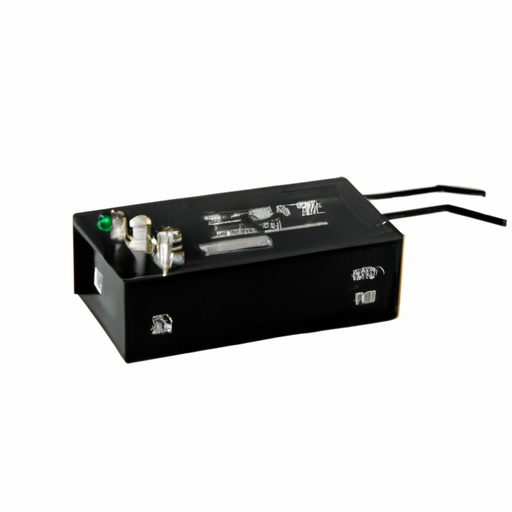Sodium batteries are a new type of high-performance battery with many advantages that make them a popular choice in the future energy storage field. This article will introduce the advantages of sodium batteries in detail and explore their application prospects in the field of energy storage.

Secondly, sodium batteries have a long cycle life. Because sodium batteries use high-quality materials and advanced manufacturing processes, they have a long cycle life and can withstand more charge and discharge cycles without damage. This makes sodium batteries more reliable and stable, and can provide energy storage services stably for a long time.
In addition, sodium batteries have lower costs. Compared with traditional batteries such as lithium-ion batteries, sodium batteries have lower raw material costs and simpler manufacturing processes, so they are cheaper. This makes sodium batteries more competitive when used on a large scale and can reduce the overall cost of energy storage systems.
In addition, sodium batteries have high safety. Since sodium batteries use high-quality diaphragms and protection systems, they can effectively prevent safety issues such as short circuits and overcharging, ensuring safety during use. This makes sodium batteries more trusted by users and more suitable for use in key application areas.
Finally, sodium batteries are environmentally friendly. Sodium is a widely existing natural element with abundant resources and does not pollute the environment. Moreover, the manufacturing and recycling process of sodium batteries is relatively environmentally friendly and does not produce a large amount of waste and hazardous substances. This makes sodium batteries a green and environmentally friendly energy storage solution.
In general, sodium batteries have many advantages such as high energy density, long cycle life, low cost, high safety and good environmental protection, making them a popular choice in the future energy storage field. With the continuous advancement of technology and the continuous expansion of the market, sodium batteries are expected to play a greater role in energy storage, electric vehicles, renewable energy and other fields, and contribute to the sustainable development of human society.
Sodium batteries are a new type of high-performance battery with many advantages that make them a popular choice in the future energy storage field. This article will introduce the advantages of sodium batteries in detail and explore their application prospects in the field of energy storage.

Secondly, sodium batteries have a long cycle life. Because sodium batteries use high-quality materials and advanced manufacturing processes, they have a long cycle life and can withstand more charge and discharge cycles without damage. This makes sodium batteries more reliable and stable, and can provide energy storage services stably for a long time.
In addition, sodium batteries have lower costs. Compared with traditional batteries such as lithium-ion batteries, sodium batteries have lower raw material costs and simpler manufacturing processes, so they are cheaper. This makes sodium batteries more competitive when used on a large scale and can reduce the overall cost of energy storage systems.
In addition, sodium batteries have high safety. Since sodium batteries use high-quality diaphragms and protection systems, they can effectively prevent safety issues such as short circuits and overcharging, ensuring safety during use. This makes sodium batteries more trusted by users and more suitable for use in key application areas.
Finally, sodium batteries are environmentally friendly. Sodium is a widely existing natural element with abundant resources and does not pollute the environment. Moreover, the manufacturing and recycling process of sodium batteries is relatively environmentally friendly and does not produce a large amount of waste and hazardous substances. This makes sodium batteries a green and environmentally friendly energy storage solution.
In general, sodium batteries have many advantages such as high energy density, long cycle life, low cost, high safety and good environmental protection, making them a popular choice in the future energy storage field. With the continuous advancement of technology and the continuous expansion of the market, sodium batteries are expected to play a greater role in energy storage, electric vehicles, renewable energy and other fields, and contribute to the sustainable development of human society.